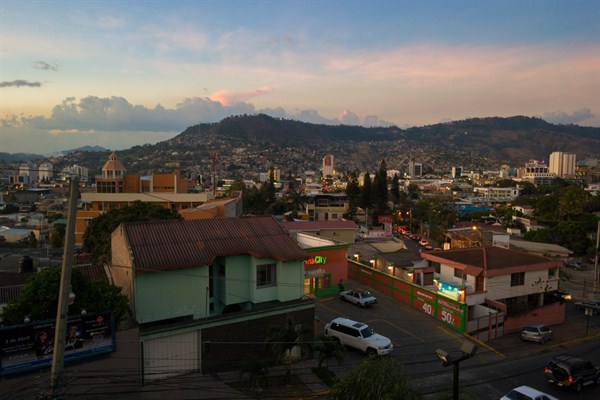Editor’s note: This article is part of an ongoing WPR series on income inequality and poverty reduction in various countries around the world.
Honduras is the most unequal country in Latin America and the sixth most unequal country in the world, according to World Bank statistics. The poverty rate currently stands at 64.5 percent, while 42.6 percent of Hondurans live in extreme poverty. In an email interview, Jake Johnston, a research associate at the Center for Economic and Policy Research, discusses income inequality and poverty in Honduras.
WPR: What is the rate of income inequality in Honduras, what are the latest trends in terms of widening or lessening inequality, and what are the main factors driving income inequality?

